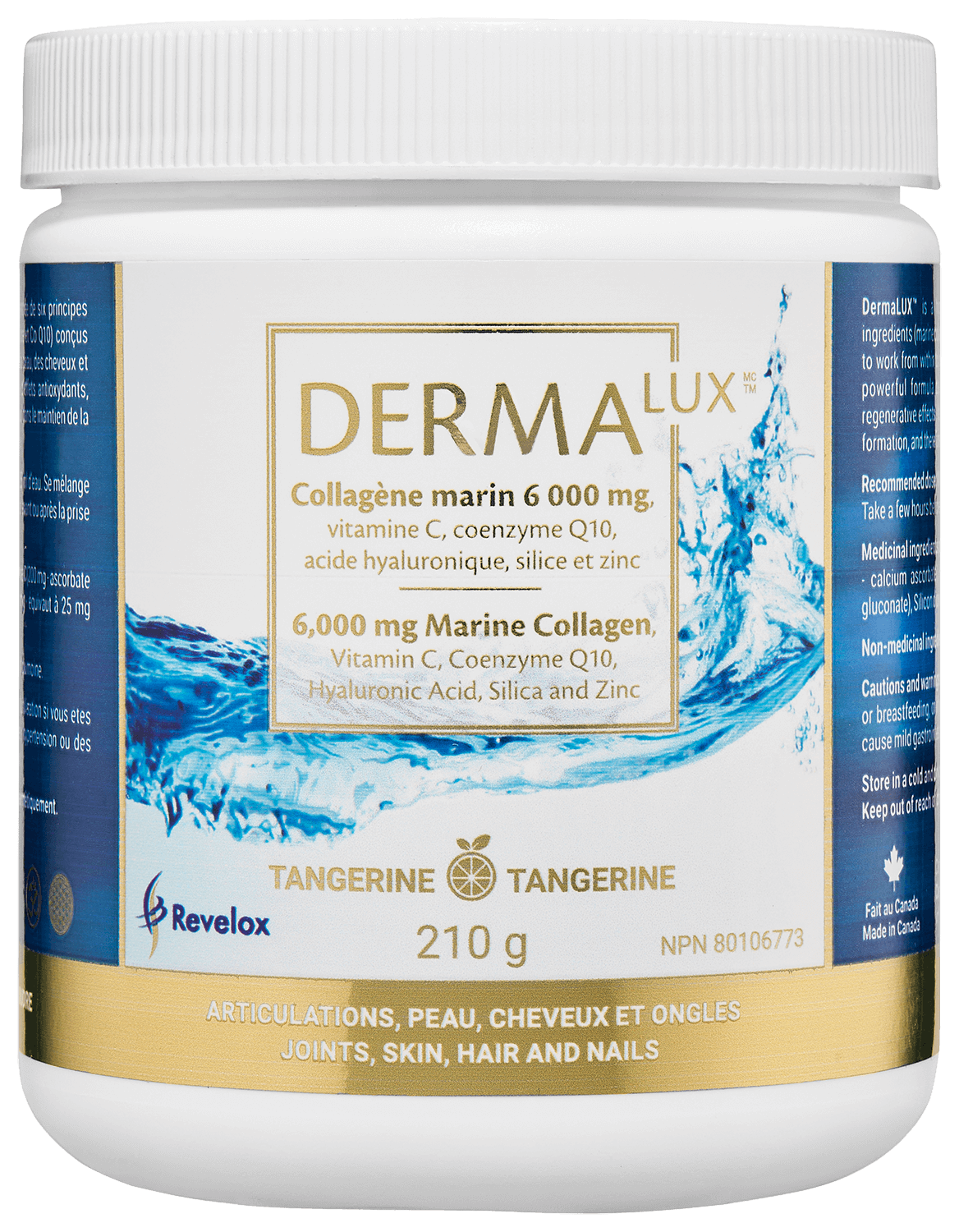Collagen is the miracle protein that exists in our bodies, providing a framework for almost everything. From our skin, hair, nails, bones, joints.
Collagen is the miracle protein that exists in our bodies, providing a framework for almost everything. From our skin, hair, nails, bones, joints even our eyes and teeth. Yet as we age our collagen levels decline, falling at roughly 1.5% a year for both men and women (although when women hit menopause their collagen levels fall far more steeply).
Declining collagen levels are the key contributor to visible signs of ageing – from dull, wrinkled skin to thinning hair, brittle nails and stiffer joints.
However, everyone ages differently and, unfortunately, how we act also impacts our collagen levels. There are various behaviours that actively destroy collagen and will exacerbate the falls we naturally experience. The main collagen destroyers are:
- Alcohol
- Sugar
- Smoking
- Excessive sun-bathing
Alcohol
In 1972 a study published in the Lancet revealed that alcohol consumption reduces collagen synthesis (this is the process that occurs naturally in the body when new collagen is created to replace the old collagen as it is used up)[1]. The higher the alcohol content in the blood, the greater the reduction in collagen synthesis.
However, it is also true that stress is bad for collagen, so if the occasional glass of wine helps you relax and unwind then you should not worry too much about this. But do be aware that excessive alcohol consumption will cause your collagen levels to fall and this will in turn speed up the visible signs of ageing.

“But do be aware that excessive alcohol consumption will cause your collagen levels to fall and this will in turn speed up the visible signs of ageing.”
Sugar
There are two types of sugar. There is fructose sugar in fresh fruit and vegetables which is easy for the body to process. Then there is glucose sugar also known as refined sugar. This type of sugar is not easy for the body to process and can be extremely damaging to the body.
A clinical study in 1992 revealed that the consumption of glucose sugar degrades collagen, reducing its elasticity (thereby effectively making the collagen brittle)[2]. This means that collagen loses its strength and resilience. This will make it less effective. By making collagen less effective, sugar is therefore speeding up the ageing process.
Now it is important to remember that the body needs some sugar to function; however, all our sugar needs can easily be met by fructose sugar in fruit and vegetables. We have absolutely no need for refined sugar in our diet. We must also be aware that when we eat refined carbohydrates, any not used up in exercise will turn into sugar. There is also a great deal of hidden sugar in highly processed foods such as cereals, bread, ketchup and yoghurt. As a result it is extremely easy for the body to become overloaded with sugar and for this sugar to do a lot of damage to us.
Sunbathing
While some sunlight is good for us, providing necessary vitamin D for example, a study in 1991 revealed that sunlight is also extremely ageing for skin[3]. Sunlight does two things: firstly it increases the activity of damaging free radicals and secondly the UV rays in sunlight destroy collagen.
So if some sunlight is good for us but too much is bad for us, what should we do? Experts agree that around half an hour of moderate sunlight on areas such as arms and legs is usually enough to provide us with our vitamin D needs, but it is wise to wear a hat to protect our faces and cover up the sensitive skin on our chests (where the skin is very thin and fragile, and susceptible to ageing).

“Experts agree that around half an hour of moderate sunlight on areas such as arms and legs is usually enough to provide us with our vitamin D needs…”
Smoking
It has long been known that smoking damages the lungs, but in 2002 a clinical study revealed that smoking also affects collagen synthesis and the ability for the body to create new skin (extracellular matrix turnover)[4]. Clearly there is no need for humans to smoke and no health benefits attached to smoking, so in an ideal world no one would do it.
However, if you are a heavy smoker, cutting down is the first step. Every cigarette is damaging your body and any reduction will be better than nothing. Equally, stress is also bad for your collagen levels, so quitting cold turkey may be less sensible than a well thought out programme with lots of support on hand.

“Every cigarette is damaging your body and any reduction will be better than nothing.”
Summary
Engaging in any collagen-destroying activity can impact upon your ageing, making collagen supplementation even more vital. Collagen supplementation can help replenish and maintain collagen levels, undoing some of the damage that has been caused.
We will all age, and collagen reduction is a natural part of life. However we can choose to help or hinder our bodies. Living healthily and taking a high-quality collagen supplement will enable us to slow the signs of ageing and feel younger.
Some independent clinical trial showed that, 98% of women aged 30-60 years experienced a significant improvement to the quality of their skin in just 12 weeks.
- Feinman L, Lieber CS. Influence of alcohol on collagen synthesis. Lancet. 1972;1(7752):697. doi:10.1016/s0140-6736(72)90510-7
- Lien YH, Tseng MM, Stern R. Glucose and glucose analogs modulate collagen metabolism. Exp Mol Pathol. 1992;57(3):215-221. doi:10.1016/0014-4800(92)90012-z
- Warren R, Gartstein V, Kligman AM, Montagna W, Allendorf RA, Ridder GM. Age, sunlight, and facial skin: a histologic and quantitative study [published correction appears in J Am Acad Dermatol 1992 Apr;26(4):558]. J Am Acad Dermatol. 1991;25(5 Pt 1):751-760. doi:10.1016/s0190-9622(08)80964-4
- Knuutinen A, Kokkonen N, Risteli J, et al. Smoking affects collagen synthesis and extracellular matrix turnover in human skin. Br J Dermatol. 2002;146(4):588-594. doi:10.1046/j.1365-2133.2002.04694.x
Recommended product

DermaLux
Highly concentrated collagen formula, beauty supplement for your skin, hair, nails and joints.